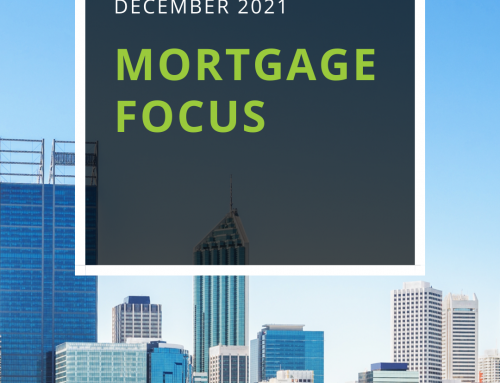At the moment, fixed interest rate loans are the hot topic with some excellent rates available
 They’re a great product that allows you to lock in an interest rate for a period of time, so you know exactly how much your repayments will be. By contrast, the interest rate on variable rate loan products can change at any time, which leads to some uncertainty. With this in mind, why are variable rates still so popular? And what’s the difference between standard and basic variable rate loans? This articles looks into the difference between the standard and basic variable rate products and how we can help you choose the right option for your personal financial situation and goals.
They’re a great product that allows you to lock in an interest rate for a period of time, so you know exactly how much your repayments will be. By contrast, the interest rate on variable rate loan products can change at any time, which leads to some uncertainty. With this in mind, why are variable rates still so popular? And what’s the difference between standard and basic variable rate loans? This articles looks into the difference between the standard and basic variable rate products and how we can help you choose the right option for your personal financial situation and goals.
Standard variable rate loans
Standard variable rate loans are historically the most popular loan choice in Australia. About half of all home loan borrowers take this option. This kind of loan varies from lender to lender and if you opt for this choice, we’ll be able to find you a loan with the right features for you.
Standard variable rate loan features may include:
- mortgage offset accounts,
- a credit card at a reduced rate,
- the ability to split the loan (so that part of it has a fixed interest rate),
- the ability to make extra repayments, and
- extra payment redraw facilities.
A standard variable rate loan usually has a higher interest rate than a basic variable rate loan, however its features are designed to save you money and provide financial flexibility. For example, a mortgage offset account is a separate transaction account attached to your standard variable mortgage where the balance in the offset account is deducted from your loan balance before interest is calculated each day, saving you money on interest.
What’s more, interest is calculated at the same rate as your home loan, whereas regular savings accounts offer you significantly less. If you have extra money on hand, this could mean a substantial saving on your interest repayments and puts your extra money to work for you.
Another great feature is the ability to make extra repayments and pay your loan off more quickly without penalty. Fixed rate mortgages and basic variable rate mortgages can often carry penalties for paying out your loan sooner than the agreed loan term.
Basic variable rate loans
Basic variable rate loans are simple, no frills loans. They usually carry a lower interest rate than standard variable rate loans but may not come with the flexible, money saving features like offset accounts and low rate credit cards. Extra repayments on basic variable rate loans are sometimes allowed, but frequently limited and they usually have no redraw facilities.
Additionally, basic variable rate loans often have much higher discharge fees if you choose to close the loan in the first three years, so this type of loan is better for first home buyers or owner-occupiers who plan to keep the property for a lengthy period of time and want to keep costs down.
How do you go about choosing the right loan?
Locking in the wrong loan product could be a costly mistake. As your mortgage broker, it’s our job to help you make the right choice of loans according to your personal financial situation and financial goals. There are literally thousands of home loan options to choose from and we’ll do all the leg work to help you compare your best loan options and secure the one that’s right for you.
Want to find out more?
Feel free to call us any time on 0437 498 800 for information about the type of loan products available and chat to us about which one will be right for you, considering the current interest rate environment, your needs, financial situation and goals.





